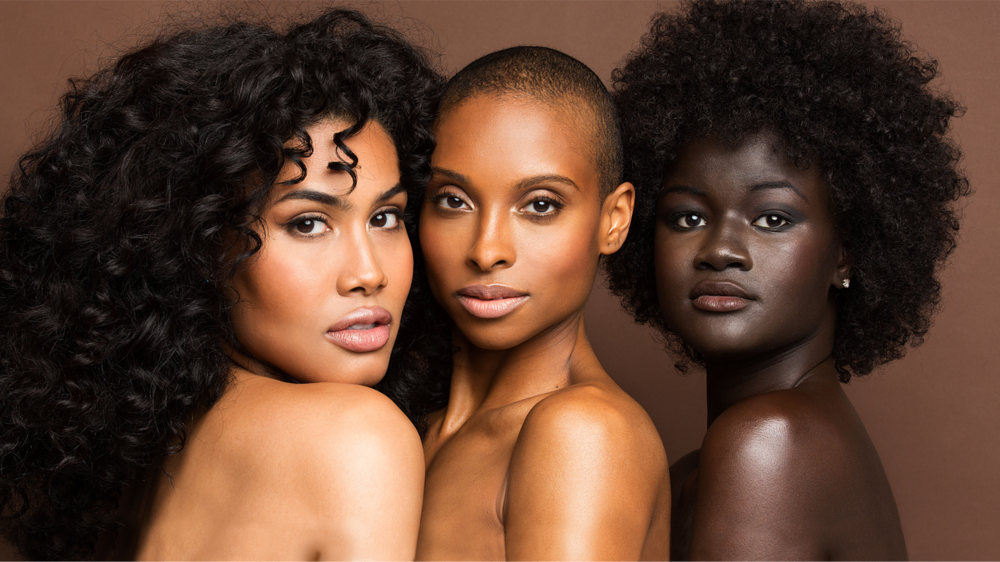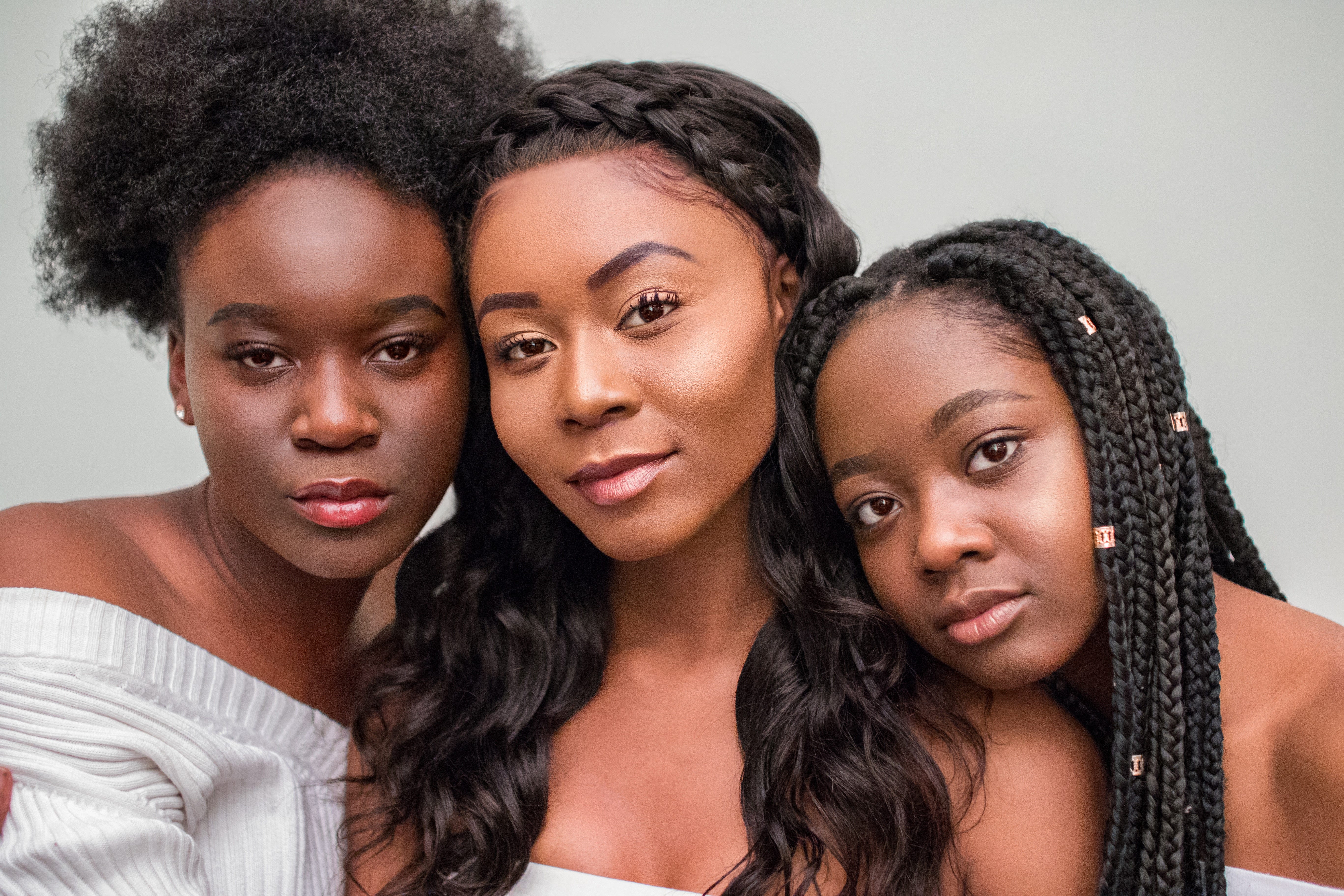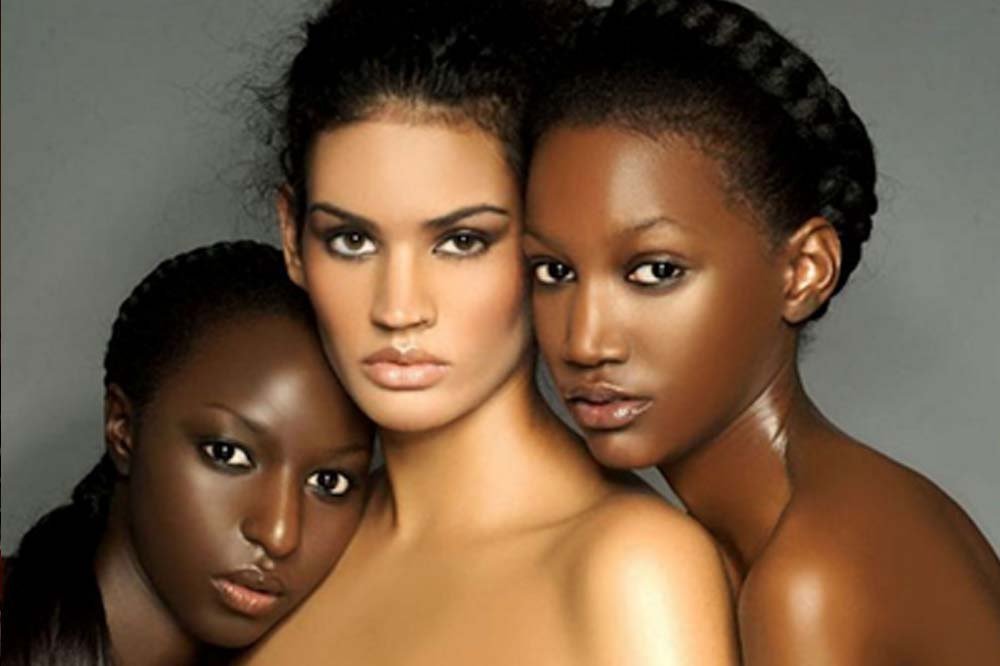BY JOY CHINECHEREM
In a statistics compiled by the World Health Organisation in 2011, 40% of African women bleach their skin. In Nigeria alone, 77% of women use skin-lightening products. What could possibly push this large percentage of the population to bleach their skin? Colourism

“For Nneka in her shop, colourism is a foreign concept and sounds alien, but she is currently on her third cup of CARO WHITE and thinking of adding a serum to it so it can do the work faster. Nneka started this new routine ever since her last boyfriend told her she was too dark and left her for Nwanyiocha i.e a fair lady.”
Nwanyi/nwoke ocha and nwanyi/nwoke ojii is a popular phrase we grew up hearing around us. Colourism has lived with us for so many years, it has become one of us.
For an average dark skin toned person growing up in Nigeria (even though we are all black), you get used to snide comments thrown at you by people who for some reason think their light skin affords them a better privilege than you. One wonders why Nigeria has the biggest booming market for bleaching creams.
The subject of colourism and shadeism is one that is not talked about enough for something that has led 77.7% of Nigerians to bleach. Let’s open these conversations, talk about colourism, bleaching creams, and effects.
What Is Colourism?
Colourism is prejudice or discrimination especially within a racial or ethnic group favoring people with lighter skin over those with darker skin. Colorism might not sound familiar but these scenarios posed by people’s experiences definitely hits closer.
Colourism might sound like a big grammar to many of us but for Kevwe, colourism is when she walks on the road and have people who walk up to her and try rubbing her skin checking their fingers for dirt in a metaphorical way as charcoal comes off with stain.
“You be like short devil, see as you dark”, those words are everything colorism embodies to Dami.
Colorism highlights biases that proliferate between persons who are members of different ethnic groups as well as biases that proliferate between persons who are members of the same ethnic group. It is the belief that someone with any degree of lighter complexion is considered more beautiful or valuable than someone with dark skin.
How Did Colorism Start?
“Colorism is born of racism, it is the daughter of racism”
Lupita Nyong’o
For a country that is completely a black race, you would think skin color doesn’t matter. Often, Nigerians who travel out of the shores of the country are faced with the rude shock of discovering their blackness even the lighter skin toned amongst us, everyone gets a cupful of their share out of the vast river of Racism. For people that have Racism to contend with, why are they so blind to the matter of colorism? Here’s why
There is nothing like colorism to them, they have been socially conditioned to see anything black as evil, so the closer you are to white the better, so to them, it’s actually fine and normal to abhor black, the devil is black you see.
Read Also: New Bleaching Procedure That Left People In Shock (Video)
This social conditioning runs deep, dating back to the slavery/colonial era. Yeah, the effect of colonialism keeps haunting us at each turn. The European colonialism birthed the racial hierarchy in Africa, placing white people up there, next to God, the first step to making the people feel they were inferior.

Then in line with their ‘divide and conquer’ policy, they further divided us with our skin shades by placing people with lighter skin above others with darker skin tone. The lighter you are, the closer you are regarded by the whites, light-skinned people were allowed to engage in simple tasks whilst those with darker tones were sent out to work in the field.
“Grandfather was very light-skinned, almost albino, and it was said to be one of the reasons the missionaries had liked him.”
― Chimamanda Ngozi Adichie, Purple Hibiscus
The colonial masters introduced a test called the brown paper test where if you were darker than the paper you were sent out to work in the field, they also had the door test. The doors were painted a certain shade of brown, if your skin shade was darker then you were not allowed into the establishments.
Colorism and Bleaching
Recently, a Nigerian actress, Beverly Naya explored the issue of colorism and bleaching in her documentary Skin, women shared their heartbreaking journey to bleaching with battered self-esteem.
The skin-lightening industry is currently estimated to worth over $24 billion worldwide and 77.7% of Nigerians use bleaching creams meaning that Nigerians contribute more than half of the skin lightening industry worth.

In some foreign countries, bleaching cream is sold under the counter but in Nigeria, we have huge roadside billboards advertising it. It’s part of our skincare routine here that in fact when you appear to be a darker shade you are advised to switch up your skin routine ‘mara ife imere your skin ka ichapu’ people often say.
According to one of the ladies in the skin documentary, “my boyfriend tell me say he dey like fair girls, that na why I go buy cream make I fair” looking at the ladies skin, it was getting damaged already when asked if she will stop, she reiterated that her boyfriend loves her more now so she will continue with it.
A sex worker that was interviewed talked about the discrimination she faced earlier in the business, she described how men refused to patronize her because she was very black according to them. All that changed once she started bleaching her skin, she got more customers as her skin absorbed the harmful mercury.
The elites amongst us have their own sophisticated methods to lighten their skin, which range from what they call skin washing, laser skin whitening procedure, and swallowing of Glutathione pills. All these are more expensive and effective but damaging nonetheless.
Skin bleaching has metamorphosed to what they call skin TONING with creams termed organic, packaged and sold to their millions of customers.
A cross interview of people who use these creams say they regret it but when asked if they will turn back if given a chance, surprisingly more than half said they won’t, even with their skins damaged, WHY? colorism !!!
Ife is scared he will be compared with the devil
Nneka is worried her boyfriend will leave for a fair lady
‘I don’t want to be called Ugly again’ – Ugo
Achorom ka asi m na m na eji ka azu ite – Gloria

